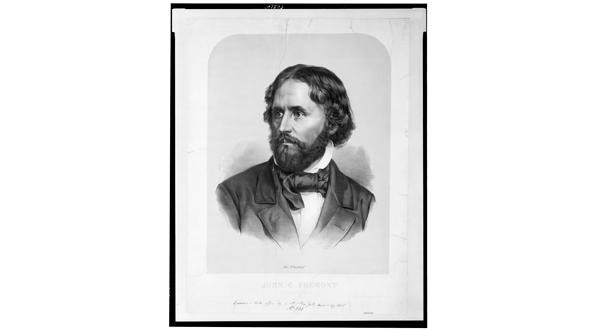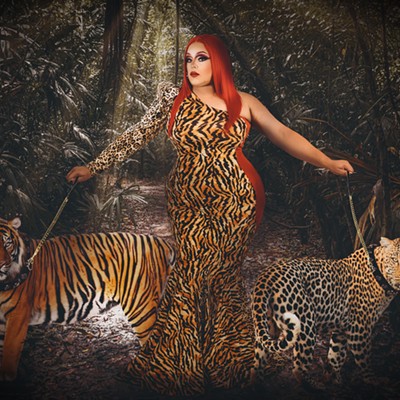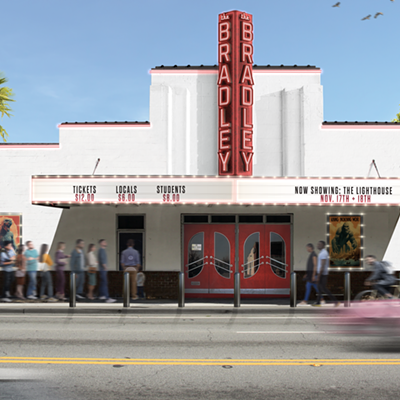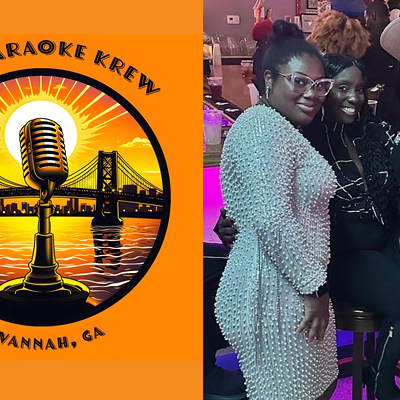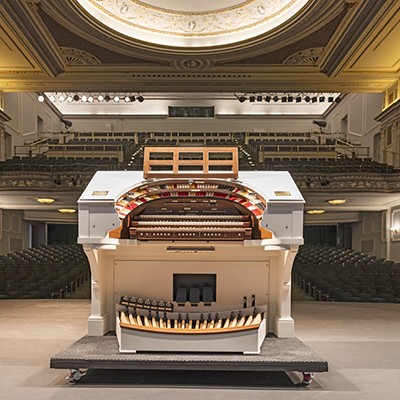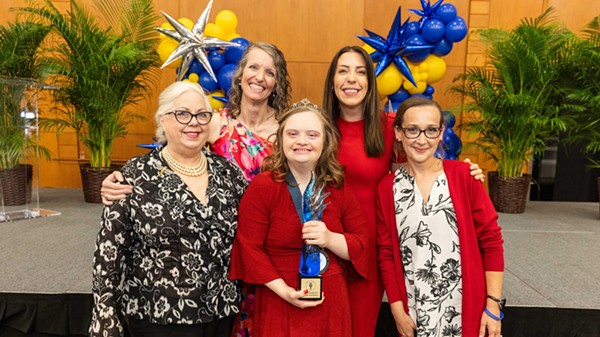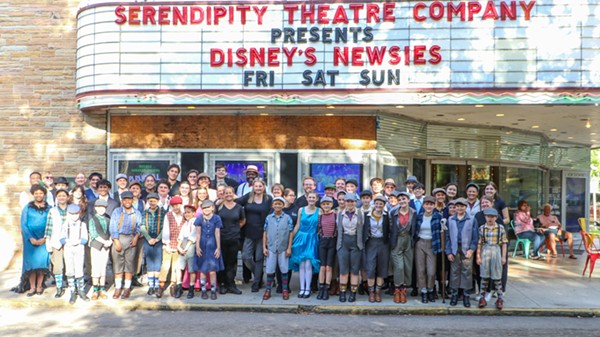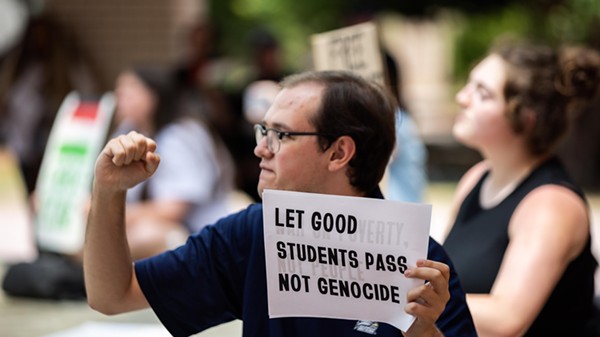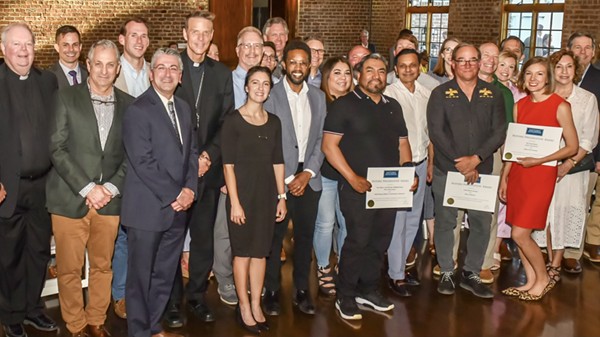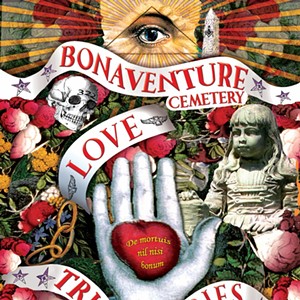One of Savannah’s longest–running celebrations — literally — the Georgia History Festival marks the 280th anniversary of the colony’s founding.
As every local schoolchild and even most casual visitors surely must know by now, on Feb. 12, 1733, Gen. James Oglethorpe and the ship Ann pulled up to the Savannah River bluffs and began his long friendship with the local Yamacraw chief Tomochichi — and also signaled the founding of America’s 13th colony and fourth state.
“February 12 is definitely the day we build the whole Festival around,” says Christy Crisp, director of programs for the Georgia Historical Society, which organized the festivities. “That’s the day that drives everything.”
“Everything” in this case means the gamut of regular events in the Festival, including the recent kickoff lecture (this year by Forrest Gump author Winston Groom), the Colonial Faire & Muster at Wormsloe, the Trustees Gala, and of course the annual Feb. 12 Georgia Day Parade, featuring schoolchildren dressed up as colonists and Native Americans.
Each annual celebration focuses on a single important figure from Georgia’s history and this year it’s a native Savannahian of great repute, albeit one alien to most Savannahians: John C. Fremont.
“Most people have never heard of him, but literally when you look at a map of the U.S. you’re looking at much of what Fremont did in his life,” says Stan Deaton, Georgia Historical Society senior historian.
Born 200 years ago this year out of wedlock on West Bay Street — the Society recently erected a marker near Yamacraw Village — Fremont went on to marry a senator’s daughter, become a key figure in the settlement of the American West, and was the very first presidential nominee of the then–new Republican Party.
(Nope, Abraham Lincoln wasn’t the first.)
“Most people have no idea the first Republican candidate was from Georgia,” Deaton says. “Obviously in 1856 that would have meant being anti–slavery or at least Free Soil — and there was almost nobody like that in Georgia at the time.”
Fremont was tapped by the nascent Republican party chiefly due to his national celebrity.
“A relentless self–promoter,” as Deaton refers to him, Fremont attained fame by writing about his numerous adventures out west.
“He was working for the Army Corps of Engineers, mapping territory between the upper Mississippi and the Missouri rivers. He made four treks over the Oregon Traill, mapped the Salt Lake basin, and crossed the Sierra Nevada in the winter,” Deaton says.
He embodied that exploring spirit, and did things most people simply didn’t have the opportunity to do.”
But for many local residents and visitors the highlight of the Georgia History Festival is Super Museum Sunday, when dozens of local sites of cultural and historic interest open their doors for free.
This year’s Super Museum Sunday, on Feb. 10, features a new high of 48 participating sites.
“This is a number that continues to grow every year,” says Crisp. “That number reflects new sites, like the Savannah Childrens Museum, but also reflects how Savannah’s community of cultural sites is really phenomenal.”
Crisp says every year the Georgia Historical Society is contacted by new names who want to be added to the list — with not all of them being so obvious.
“We continue to have places contact us that are a little bit off the beaten path. St. Paul’s Episcopal Church, for example, they’re on the map this year.”
While the Society is in charge of coordinating Super Museum Sunday, Crisp says “it’s not like there’s a really strict vetting process.”
Instead, the Society prefers to stay as inclusive as possible in an attempt to recognize what the idea of history means to different people.
“Savannah’s a town with a pretty dramatic sense of history. Many places see their place in larger picture here perhaps to greater degree than in other cities,” Crisp says.
“It’s really no surprise that some places would see themselves as a historic site in addition to their other roles in the community.”
Another new site on the list — indeed it is open for the first time this week — is the new museum at the Bethesda orphanage, oldest in America.
“That’s one of the most historic sites in the area, and Super Museum Sunday will be one of its first introductions to Savannah,” Crisp says.
Georgia History Festival
Colonial Faire & Muster: Feb. 9 & 10, 10 a.m.–4 p.m. at Wormsloe State Historic Site
Super Museum Sunday: Feb. 10, noon–4 p.m.
Georgia Day Parade: Feb. 12, 10:30 a.m. from Forsyth Park to City Hall
Trustees Gala: Feb. 16, 7 p.m. at the Hyatt Regency
Info: www.georgiahistory.com

